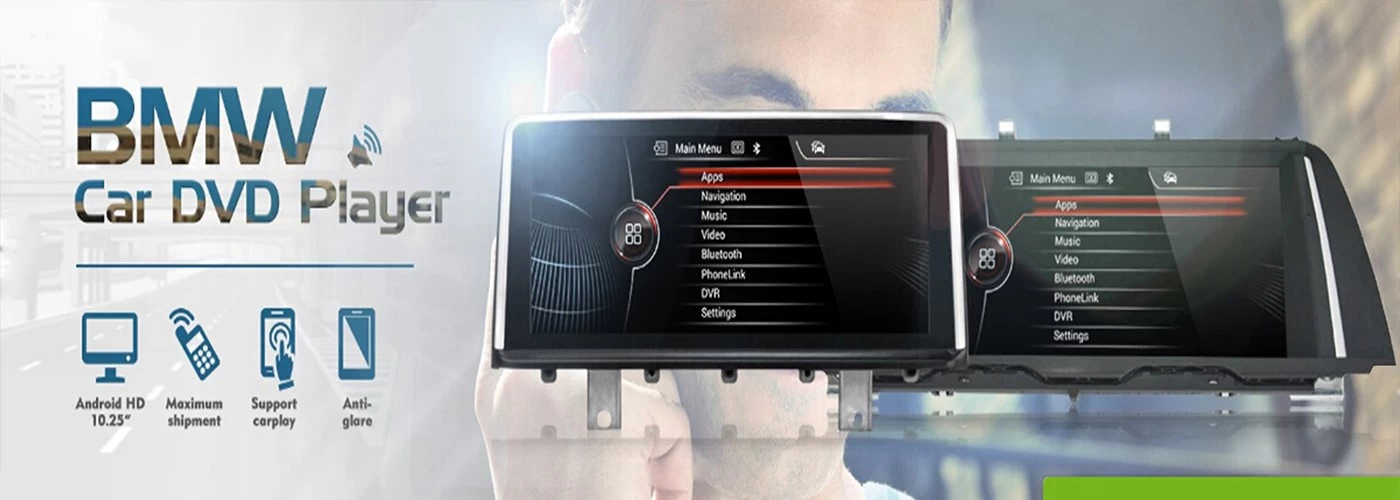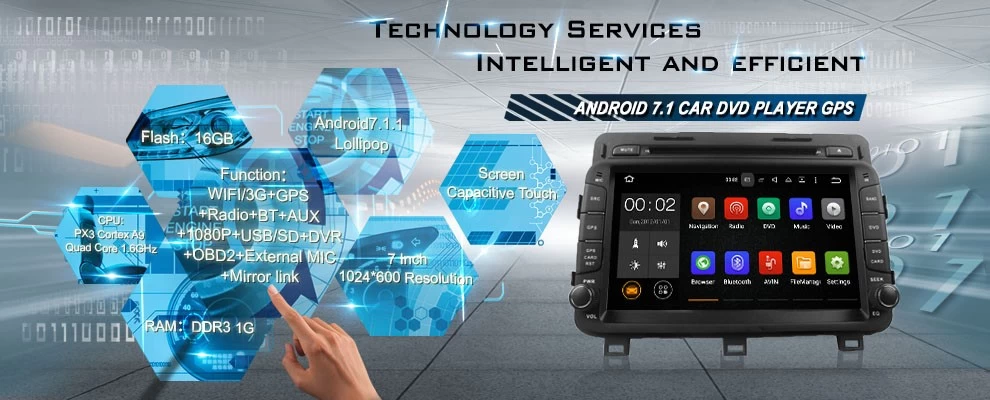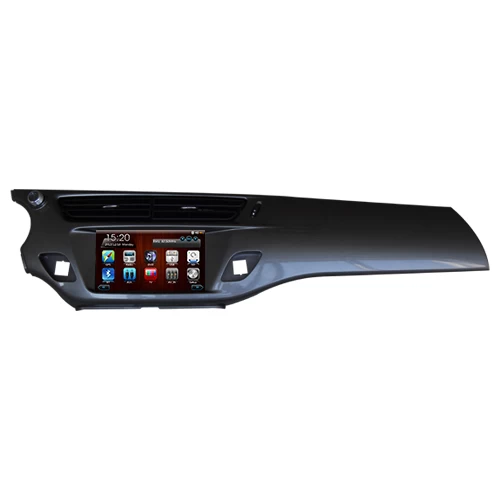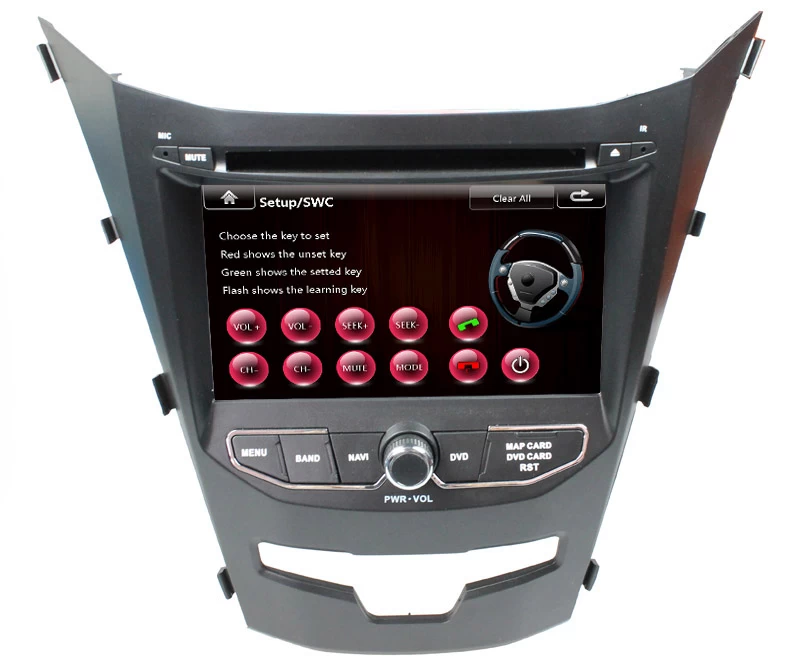Lincoln puts EVs on the back burner amid Ford’s shift to more affordable EV models
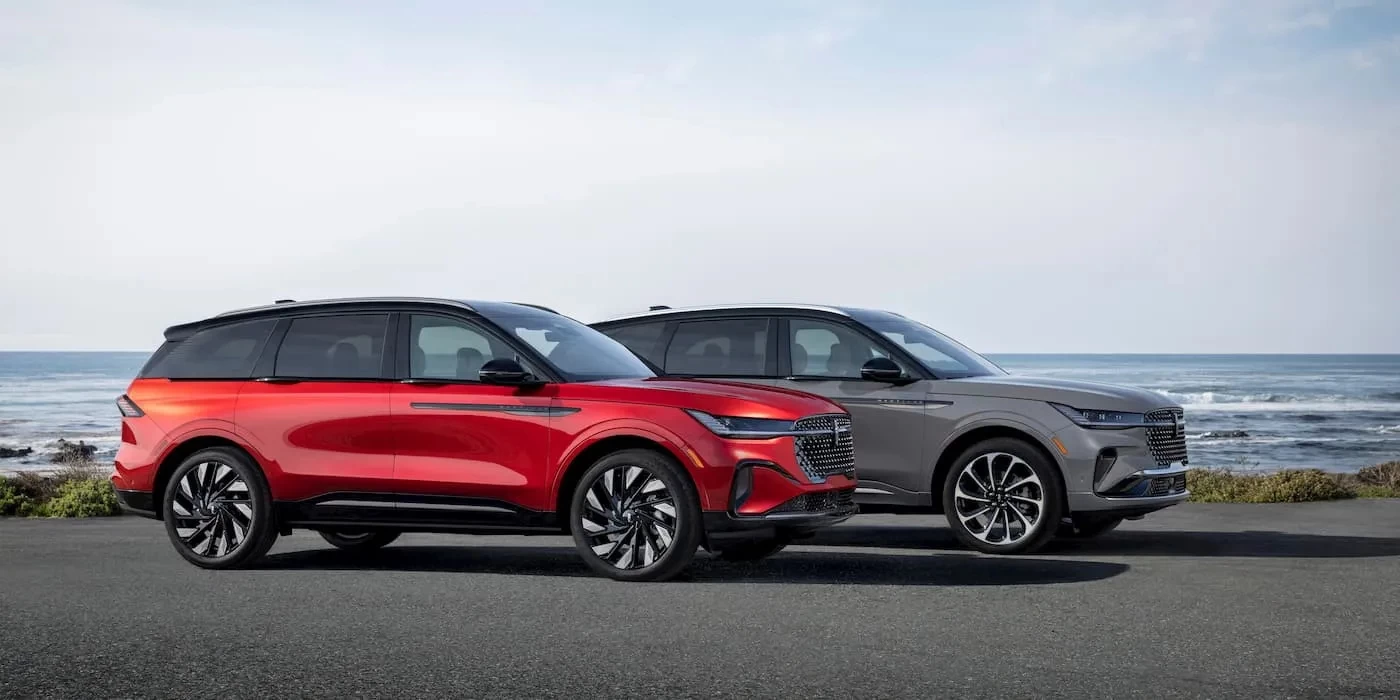
After Ford announced a surprising shift to more affordable EVs, its luxury Lincoln brand is putting electric on the back burner.
Lincoln backtracks on EVs as Ford shifts to affordable
In an interview (via Detroit News), Lincoln President Dianne Craig said that the company is “listening to what customers really need.”
According to Craig, since “Navigator customers tend to tow more,” electric vehicles don’t “make as much sense.”
“That’s how we think about this transition — whether it’s hybrids, plug-in hybrids, full hybrids, ultimately to EVs down the road — it’s going to be different depending on segmentation,” Lincoln’s president explained.
The comments starkly contrast what the brand touted just two years ago under then-president Joy Falotico.
Before Craig took over as President in December 2022, Lincoln unveiled its Star Concept that April. The Lincoln Star was presented as the vision for four new EVs promised out by 2026 to compete with GM’s Cadillac Lyriq. Lincoln said EVs were expected to account for half its global volume by 2025.
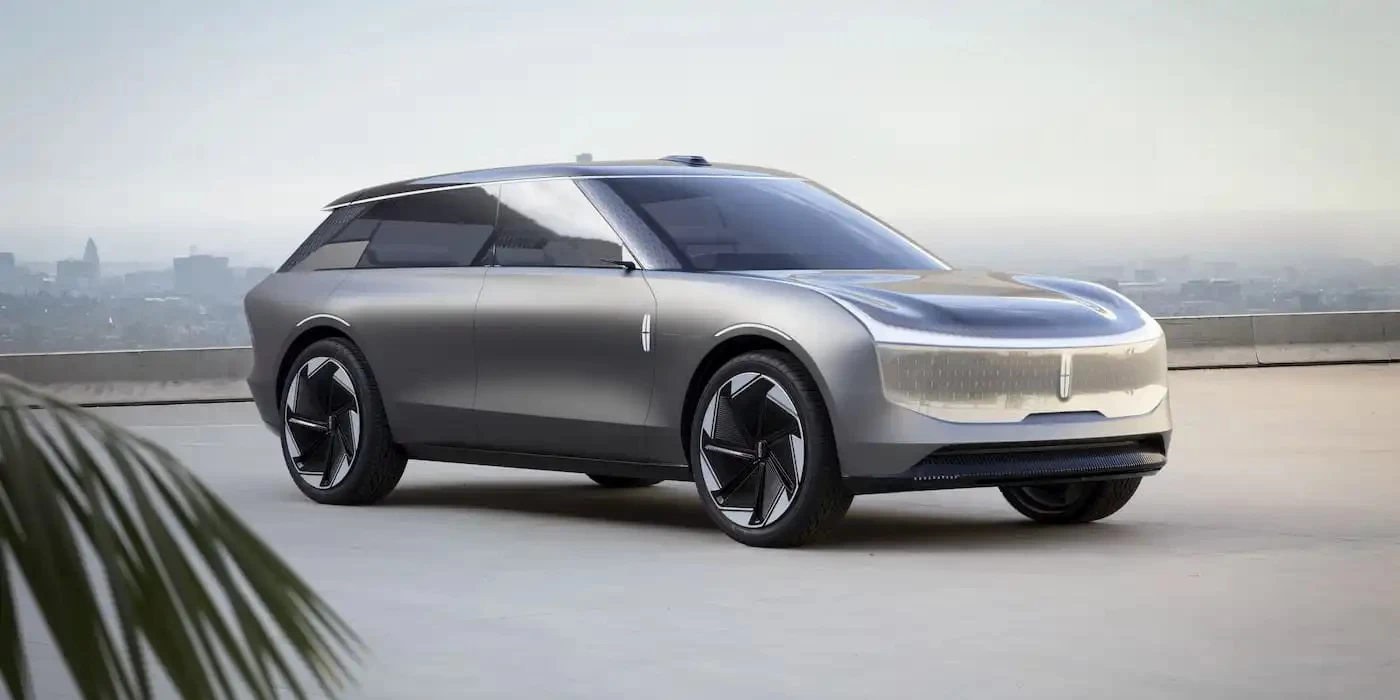
Here we are, over a quarter of the way through 2024, and Lincoln has yet to launch its first all-electric vehicle.
Craig confirmed the brand won’t make “any grand declarations” on its EV roadmap until “we really understand what our premium customers want.” For now, Lincoln is focusing on its current lineup, including the Corsair, Nautilus, and new Aviator.
Initial plans called for a three-row Aviator EV to enter production by the end of 2024, followed by a Corsair EV in early 2025 and an electric Navigator, which was expected in 2026.
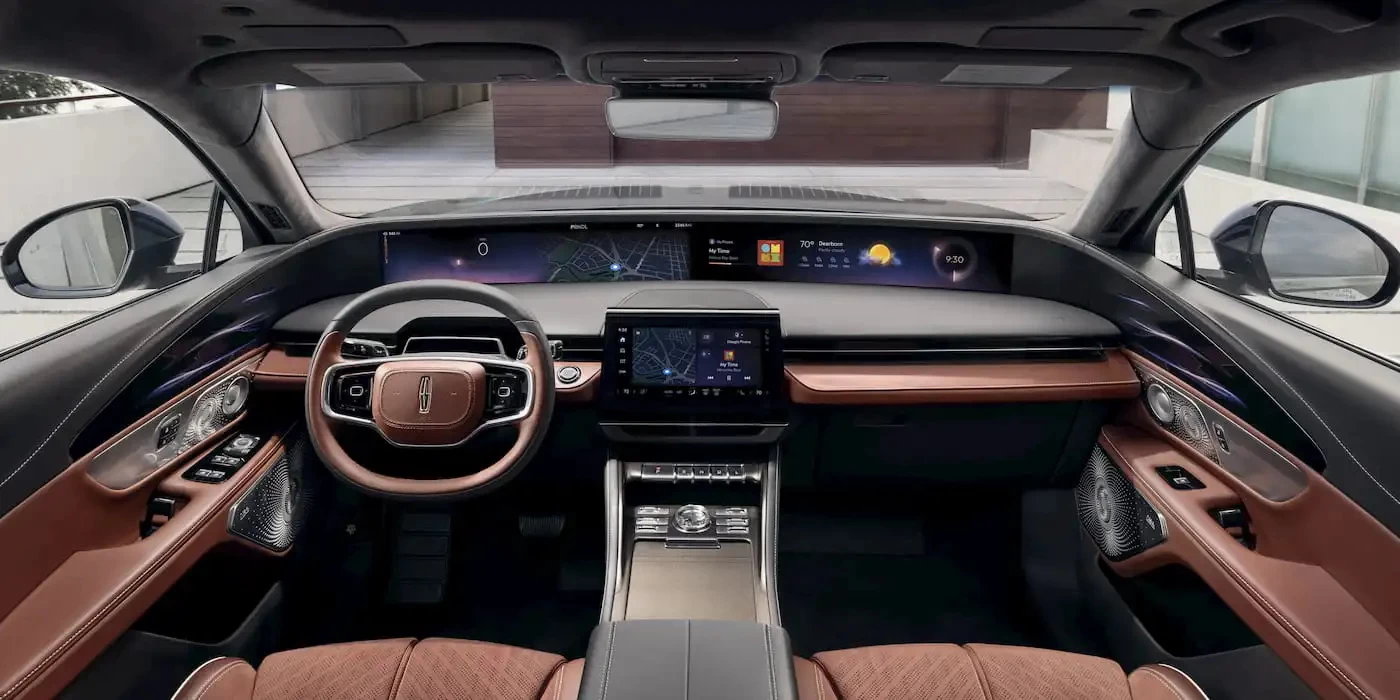
Lincoln launched the new Nautilus this month, which will serve as a tech beacon for Ford’s luxury brand.
Although Lincoln sees the transition to EVs as inevitable, the luxury brand says now is not the right time to make those declarations.
The comments come after a source told Bloomberg Businessweek that Ford was developing a low-cost EV platform to power a smaller electric pickup and SUV with starting prices around $25,000.
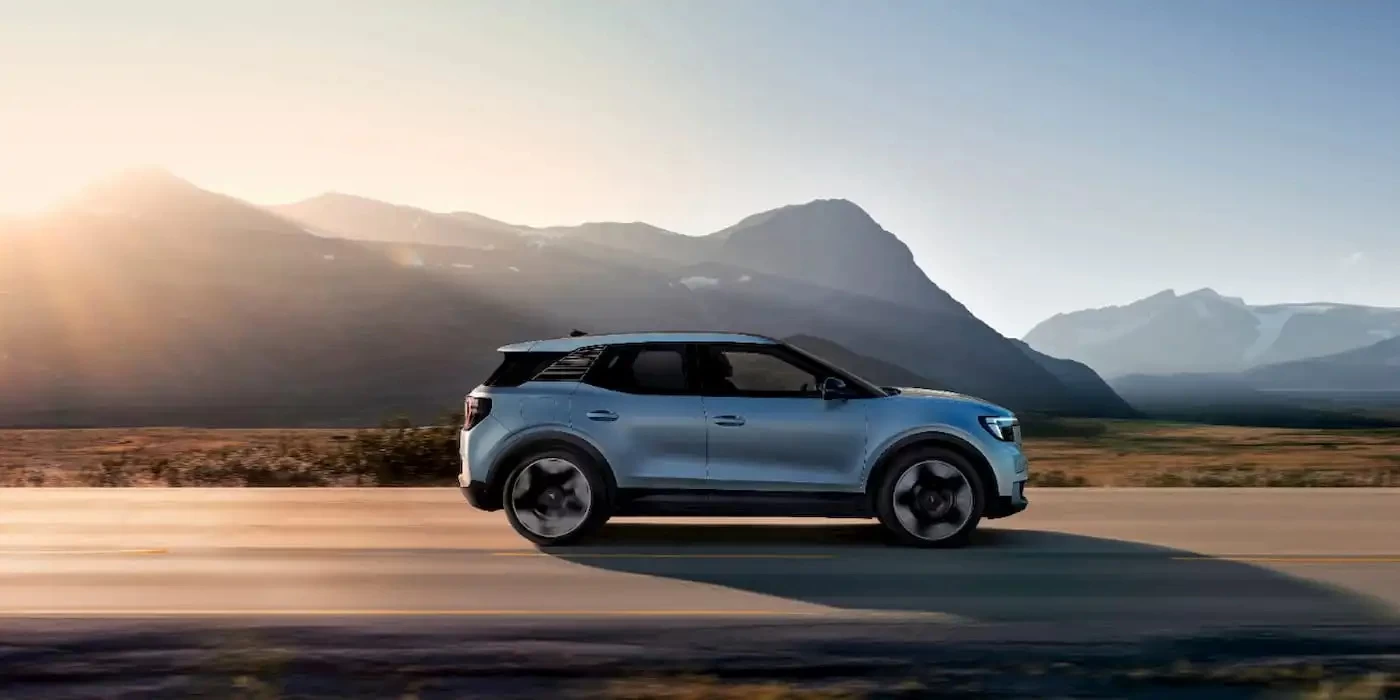
Ford’s first affordable EV is expected to launch in 2026 to rival the low-cost electric car Tesla is working on. Meanwhile, Ford is delaying plans for a larger three-row electric SUV due to the shift. Ford’s CEO, Jim Farley, stressed the importance of smaller, more affordable EVs to make a profit.
Electrek’s Take
While Lincoln is “listening to its customers,” the brand could set itself behind rivals like Cadillac, Porsche, BMW, Genesis, Volvo, and others that already have EVs on the road.
Porsche unveiled its electric Macan earlier this year, which has already scored over 10,000 orders. Hyundai’s Genesis brand is expanding in the US after EV sales nearly quadrupled last year.
Volvo is set to launch its fully electric 7-seater SUV, the EX90, starting at $76,695. Range Rover said its first EV had over 16,000 buyers waiting last month. As you can see, there is demand for luxury electric vehicles. Customers don’t know what they want until you show it to them.
By delaying EVs now, Lincoln is only setting itself further behind. EV startups like Rivian and Lucid are also gaining market share in the luxury segment.
Rivian’s R1S electric SUV was the seventh best-selling EV in the US last year, topping the F-150 Lightning and Tesla Model X. More recently, the brand revealed its more affordable R2, which could take even more market share from gas-powered vehicles.
What do you guys think? Is Lincoln making a mistake? Let us know what you think in the comments.



